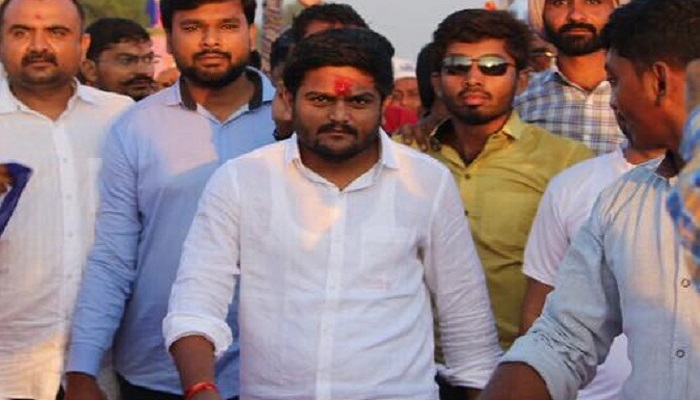
Patidar leader Hardik Patel’s deal to support the Congress party in return for a promise of reservations for his community looks like a rerun of a discredited old movie since it will, almost certainly, end up going nowhere. It may, or may not, result in the BJP getting fewer votes/seats in the upcoming polls, but it is clear the Patels are not going to benefit from it—unless denting the BJP’s vote-share is seen as enough of a benefit. In the first place, given the Patels are a relatively prosperous community, it is going to be difficult to prove they even qualify as backward. In the case of the Jats in Haryana, for instance, the National Commission for Backward Classes (NCBC) had ruled against including them in the list of OBCs which the UPA had rejected on grounds the advice ‘did not adequately take into account the ground realities’. And, in the case of the powerful Marathas in Maharashtra, many commissions, going back to Kalelkar in 1955, have rejected the demand to include them in the list of backward.
Assuming that this does happen if the Congress manages to pull off a huge upset and come to power in Gujarat, there is then another set of hurdles to overcome. In the landmark Indra Sawhney case, the SC had said that reservations could not exceed 50% and all courts have gone by that. When the UPA gazetted reservation for the Jats in 2014, the day before the general elections were announced, it was struck down by the Supreme Court (SC). Which is why, when the state government in Haryana tried to declare Jats to be OBCs, the Bill was challenged in the Punjab and Haryana High Court. Since the Maratha case is also stuck at the high-court-level, when a truce was called this time around, the best that chief minister Devendra Fadnavis had to offer was that he would try and get the Backward Classes Commission to complete its report and submit it to the Bombay High Court at the earliest. Another red herring, in a situation like this, is the promise that the central government can give the state protection by including the law under the Ninth Schedule of the Constitution which is meant to put it beyond the purview of the courts—this is what Telangana chief minister Chandrashekhar Rao’s government is hoping for while promising more reservations for Muslims and some STs. Assuming the Congress does manage to come to power in Gujarat, there is no reason why a BJP government at the Centre will help it. But even if this were to happen, the Ninth Schedule protection is also not absolute. In the case of IR Coelho in 2007, SC had ruled Ninth Schedule protection was not sacrosanct. Given Hardik Patel is aware of this, it is not clear what he hopes to achieve for his community with his new alliance.

Post Your Comments